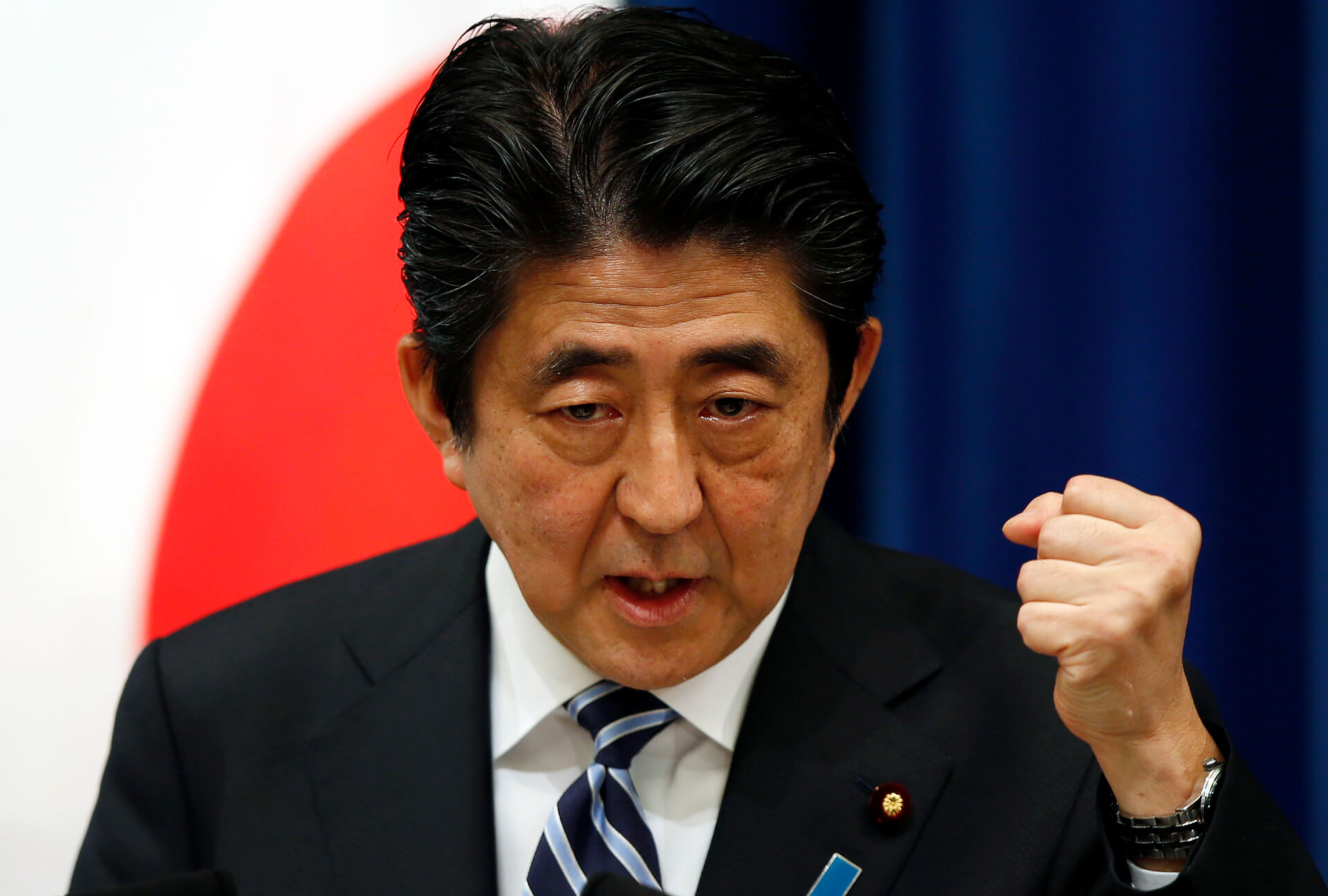Japan is considering updating its missile defence policy, including a proposal to approve enemy base strike capabilities to deter attacks. Last month, the ruling Liberal Democratic Party (LDP) proposed that Japan consider “possession of the ability to intercept ballistic and other missiles even in the territory of an opponent”, a decision which experts say could backfire and raise tensions in East Asia.
The plan to revise its defence missile policy is controversial, owing to Japan’s war-renouncing Constitution, which advocates for a defence-oriented policy. The policy revision comes in light of China’s expanding military assertiveness in the region, and specifically in the East China Sea (ECS). Japan is ramping up its confrontation with China in the ECS by vehemently denouncing Beijing for sending vessels near the disputed Senkaku/ Diaoyu Islands. In July, Japan claimed that Chinese ships had entered its waters for eleven days, and, in response, announced that it would “immediately scramble fighter jets” against the launch of Chinese planes. In the same month, Japan’s defence white paper accused China of “continuing to attempt to alter the status quo in the East China Sea and the South China Sea” and for the first-time described China’s actions as “relentless.”
Simultaneously, Japan is seeking to build its nuclear deterrence against North Korea’s missile threats. Back in June, Japan scrapped plans to deploy the expensive US-developed Aegis Ashore missile defence system, which was to defend it from attacks from the North. As an alternative to the Aegis, Tokyo plans to acquire, by March 2022, standoff missiles with a range of about 500 km that can attack targets from outside the ranges of enemy missiles. According to reports, Japan plans to acquire Norway’s JSM anti-surface and anti-ship missiles, which can be mounted inside the body of an F-35 jet. Notably, Prime Minister (PM) Shinzo Abe decided to introduce the standoff missiles without holding proper discussions on whether possessing them is consistent with Article 9 of the Constitution, which outlaws war.
Having scrapped the Aegis system, Japan told the United States that it views building specialised ships as necessary to countering ballistic missiles. The emerging plan to build specialised ships would not require the approval of local authorities, who previously resisted the Aegis deployment. It would also curb cancellation fees for Aegis Ashore equipment such as Lockheed Martin’s SPY-7 radar system, which can be loaded onto the envisioned ships.
Although PM Abe is to step down in a month, he is pushing for a proposal to update the country’s defence policy prior to his exit. He is likely to be succeeded by Yoshihide Suga, dubbed as Abe’s right-hand man, who is almost certain to follow his predecessor’s position. However, LDP’s coalition partner, Komeito, is cautious about the move, as it would undermine Japan’s long-held pacifist policy to maintain an exclusively defence-oriented posture.
Japan Plans to Implement Historic Amendment to Defence Policy
The changing security landscape is pushing Japan to update its missile defence and enter into an arms race with China.
September 8, 2020

SOURCE: TORU HANAI/REUTERS
